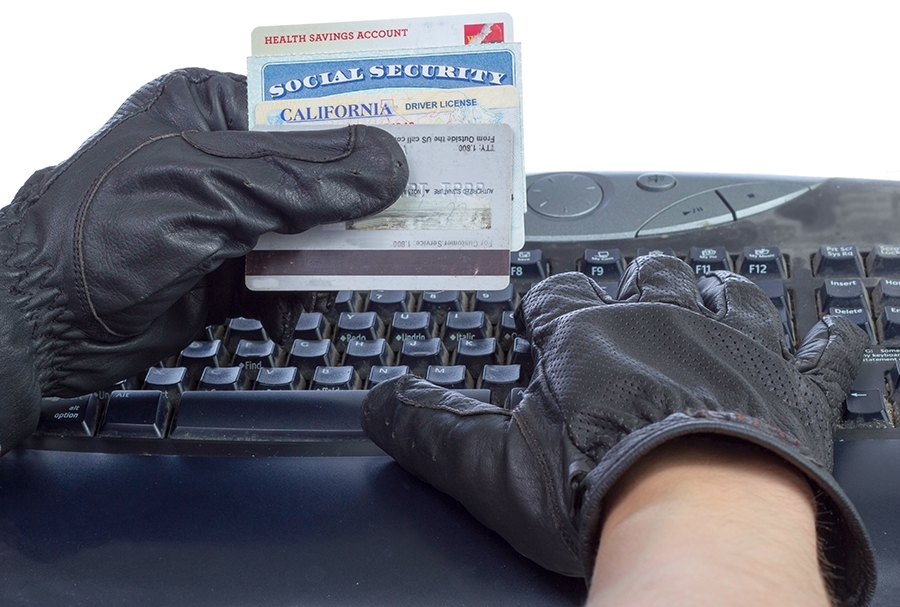
Identity theft if is a common fear among modern day citizens. Today's reliance on technology allows thieves to steal personal info in a surreptitious manner. When you are the victim of identity theft, it can cause havoc in your life. Fortunately, residents of Utah are not left helpless when identity theft strikes. State law has several protections available for those who have become targets of ID theft.
The Identity Fraud Act
The central statute addressing identity theft in Utah is Utah Code 76-6-1101, et seq. This section defines personal identifying information as the following: name, address, birth date, social security number, place of employment and electronic signatures. A few other pieces of identifying information are also covered by this statute, such as ID photos. Furthermore, the statute applies to any information used to access personal medical or financial data.
Identifying a Violation
Certain evidence must be presented to support the criminal charge of identity theft. Specifically, a person will be guilty of the crime if he or she intentionally uses (or attempts to use) the identifying information of another person. It must be shown that the defendant misused this information for financial gain, employment or some material benefit. The identifying information must belong to an actual person, regardless if the person is alive or deceased.
Classifying the Criminal Charges
An identity theft charge can be either a misdemeanor or a felony. When more than $5,000 in economic damages has occurred, the crime is charged as a second degree felony. Amounts less than $5,000, but more than $1,000 are charged as third degree felony. Acts involving an amount less than $1,000 is charged at the misdemeanor level.
Aggregating Offenses
Sub-section four of Utah Code section 76-6-1102 allows the prosecution to aggregate offenses. Therefore, several acts by the same defendant can be put together to charge the crime at a more serious level. In most scenarios, the prosecution will try to exceed the $5,000 amount required for a second degree felony.
Defenses
You cannot assert a defense to an identity theft charge by simply pleading ignorance. However, other defenses may be available to the defendant depending on the circumstances. It is best to consult a criminal lawyer when charged with identity theft.
T.R. Spencer Law Office can help evaluate your options in a criminal law case. Speak to an experienced attorney about possible defense strategies to protect your rights. Victims of identity theft may also have the ability to file a personal injury lawsuit against identity thieves. Contact T.R. Spencer Law Office for help.